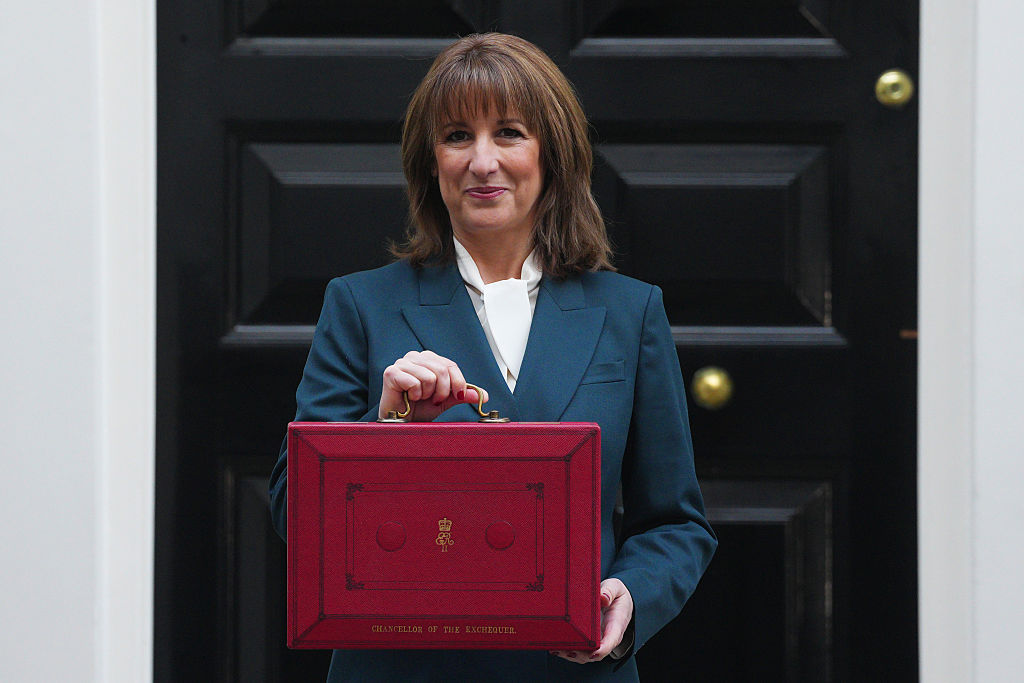Sir Keir Starmer has been busy talking up his trade deals with the US and India, while also planning ‘reset’ talks with the EU next week. Yet are these agreements all they are cracked up to be? The simple answer is that it is hard to tell because MPs are unlikely to get an opportunity to scrutinise them adequately. However, with all these deals, the devil is likely to be in the detail – and there is every chance that each one may prove to be politically contentious in the coming weeks and months.
Over the past year alone, Labour has proposed a controversial new deal with Mauritius over the sovereignty of the Chagos Islands, which could have security implications for our dealings with China. Meanwhile, the FTA with India will provide a sensitive national insurance exemption to Indians working temporarily in the UK. The limited deal with the US might yet metamorphosise into something more significant too. Details on pharmaceuticals and a possible digital trade deal remain unknown, although reports suggest Trump has demanded Britain scrap its digital services tax in exchange for getting an agreement over the line. Any new deal with the EU is also bound to provoke debate, particularly on issues such as fisheries and the much-discussed youth mobility scheme.
Future arrangements with foreign states and the EU will lack democratic legitimacy
And yet, unlike controversial legislation, MPs are likely to have little say in the conclusion of any of these new international deals, because they are very unlikely to be given a vote on any of them. Under the royal prerogative, the government is free to sign and ratify new treaties without parliament giving its direct assent. All that is required is that the new agreement is laid before parliament for 21 sitting days, without the Commons objecting. The Commons has the power to delay ratification of a new deal coming into force in that time, but it has never successfully managed to do so. Parliamentarians often get no chance to pick through and debate its finer detail.
Remarkably, important political arrangements (often referred to as ‘memoranda of understanding’) with foreign states, which fall short of a legally binding treaty, do not even have to be laid before parliament. This state of affairs has not gone unremarked. As far back as 1872, in the second edition of his seminal work The English Constitution, Walter Bagehot observed that:
Treaties are quite as important as most laws, and to require the elaborate assent of representative assemblies to every word of the law, and not to consult them even as to the essence of the treaty, is prima facie ludicrous.
More recently, a number of select committees (including the Public Administration and Constitutional Affairs Committee in the Commons and the International Agreements Committee (IAC) in the Lords) have concluded that the current legislative framework is not fit for purpose and that parliament should be given a vote on important new agreements.
Unfortunately, these recommendations have not found favour with the government. One of the results of this is that treaties remain poorly scrutinised in the House of Commons (which, unlike many countries, does not have a dedicated committee to perform this function). One imagines that the ‘meaningful votes’ in 2019 on Theresa May’s proposed Brexit deal did not make for an enticing precedent for giving parliament a say.
Detailed parliamentary scrutiny is not sexy. Promoting it always sounds like asking people to eat more vegetables, or give up a pleasurable vice. Unsurprisingly, MPs do not tend to enjoy the line-by-line examination of technical material. It is exhausting and rarely brings praise or reward. Moreover, unlike Bills, the signed treaties which are laid before parliament are finished deals. It is almost impossible to reopen them and make changes. So detailed scrutiny can feel somewhat futile.
Yet international agreements are important. Trade deals, in particular, can be far-reaching and have an impact on the day-to-day life of both workers and consumers, affecting the prices of goods in the shops and the international demand for British products. As elected representatives of the people, MPs should have the chance to pick through the terms being struck, challenge harmful proposals and mould them to serve their constituents’ best interests.
Coming down the tracks are proposed new trade deals with Israel and the Gulf States. It seems astonishing to think that parliament may not get a substantive vote on the principle of these agreements, or those Starmer has already struck. This means that future arrangements with foreign states and the EU will lack democratic legitimacy.
The Lords IAC is currently conducting an inquiry into the process by which treaties are scrutinised, but it is hard to envisage that its review is likely to be met with much more enthusiasm by the current government than the previous select committee inquiries. While I have a vested interest, since I am currently promoting a draft Treaties Ratification (Parliamentary Consent) Bill, I would argue that we will not see substantial change until parliament decides to change the law and demand its consent to significant treaties.
Such an approach would mean that MPs would need to take a view on important agreements which are legally binding in international law. It would also allow them to pressure the government about the agreements that it is minded to sign up to, ensuring that legitimate concerns around sovereignty and the impact of new deals on agriculture, UK workers, and the environment are taken seriously. It might even give the government an advantage when negotiating new agreements with other states if it could say ‘our parliament won’t put up with that’.
Some of Starmer’s new deals might well be seen as substantial political achievements. But the absence of sufficient parliamentary scrutiny should also be seen as a warning: if parliamentarians do not act soon, they may come to regret it.







Comments